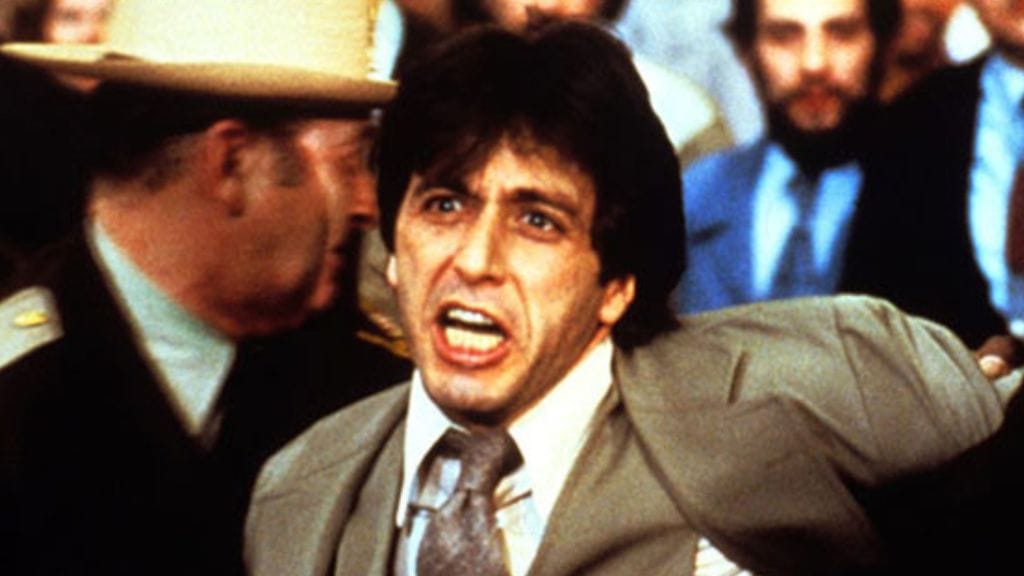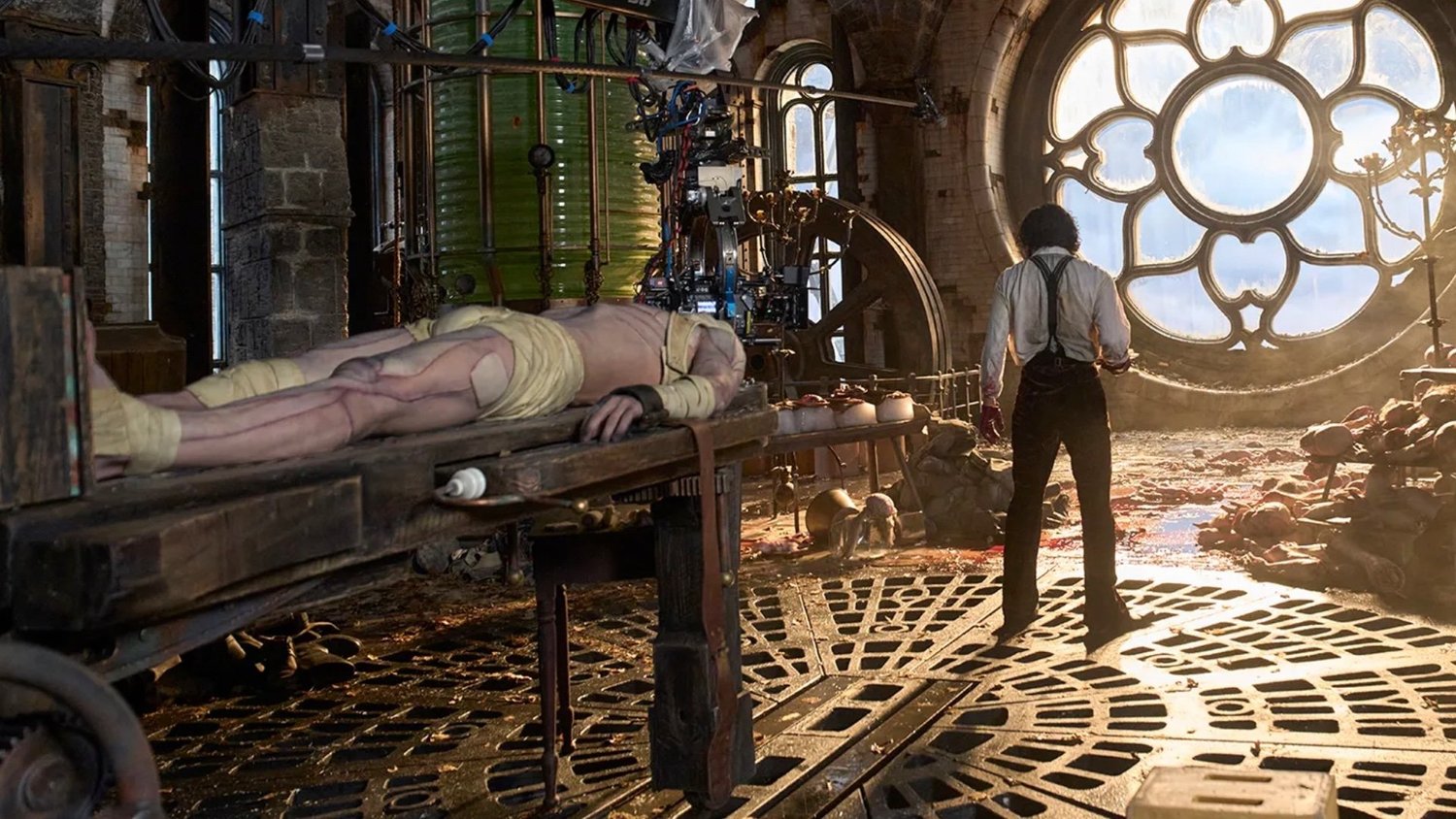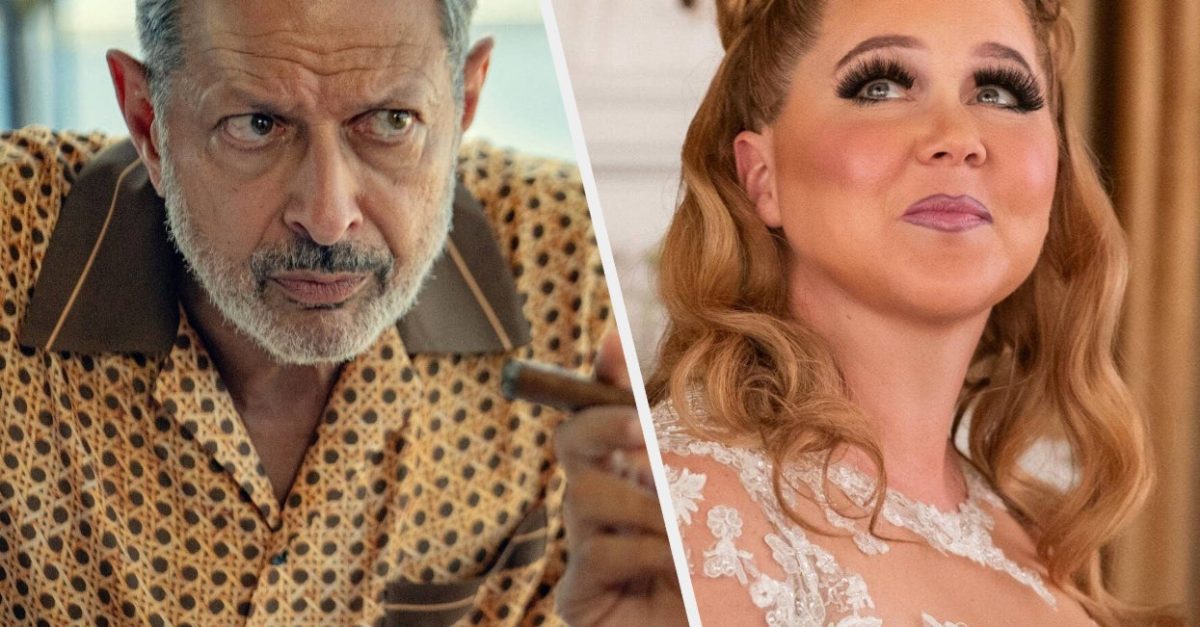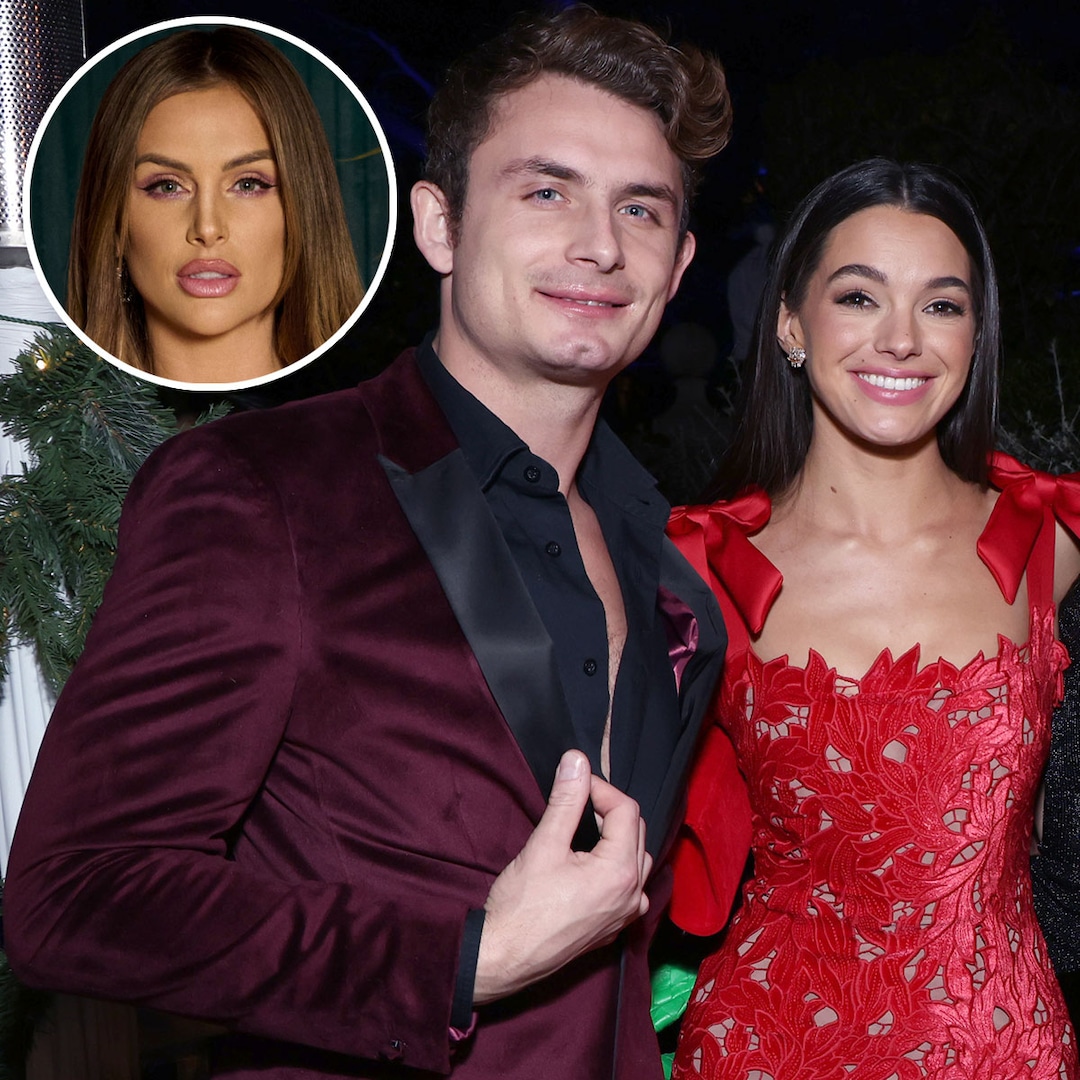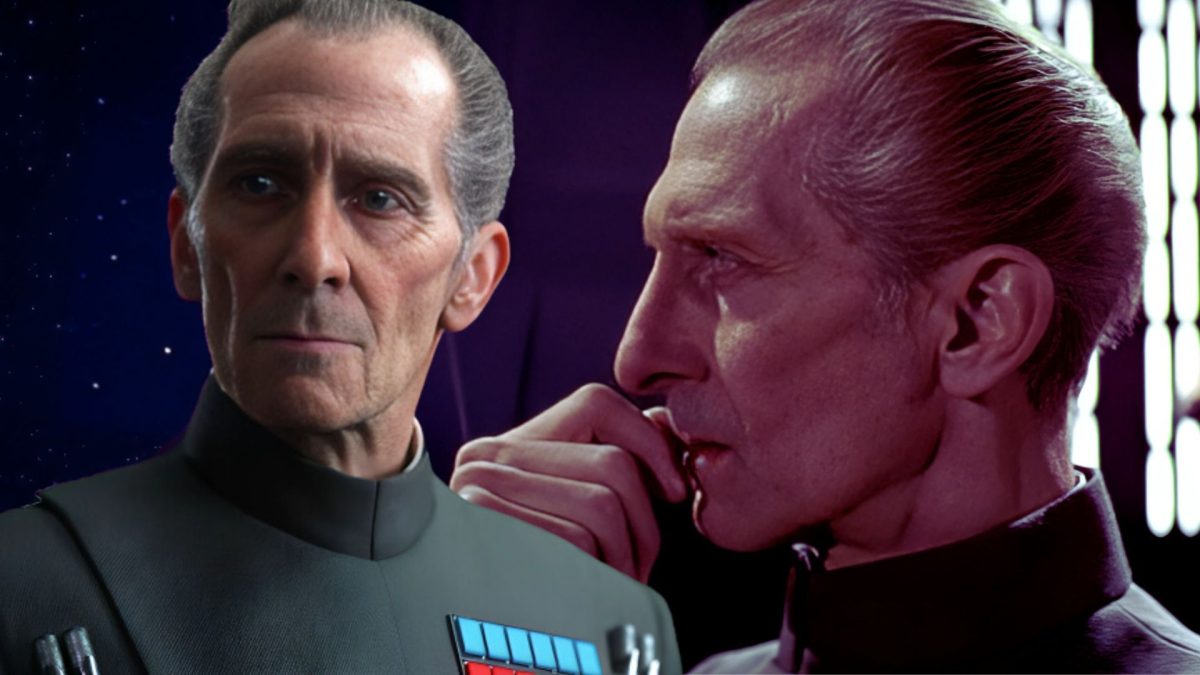
Rogue One’s CGI Grand Moff Tarkin Star Wars Lawsuit Is Getting Messier
Oct 25, 2024
When we look back at the landscape of Disney’s Star Wars catalog in a generation, we might view Rogue One: A Star Wars Story very differently than we currently do. That’s to say, not as a reinvention of established lore or stylistic departure, but as a legal curiosity. When it debuted eight years ago, Gareth Edwards’ Rogue One resembled the rest of the franchise very little, focusing on a side plot of the very first movie, Star Wars: Episode IV – A New Hope, and a pivotal character played by Peter Cushing. Though Cushing had been dead for 20 years when filming commenced, Disney overcame that small setback. Through some high-tech wizardry, his gaunt face and rich voice were seen and heard once more. Problem solved, right? Nope. Disney’s problems were just starting.
Only a few weeks ago, Disney learned that the legal case involving their fake Grand Moff Tarkin had got the greenlight, a London judge agreeing to let the filing proceed. It all revolves around the non-legal use of the face of long-deceased Peter Cushing. His image was slapped on top of another actor’s head, Hannibal Lecter-style, by Industrial Light & Magic’s John Knoll and staff — the crew nominated for an Oscar for their labor. That was the easy part. In this intricate legal battle, the rights to use Cushing’s face has proven a thorn in the side for Disney. It’s likely to be only the first in a wave of lawsuits and new laws enacted in reaction to the upcoming onslaught of AI-revived performers, both living and otherwise incapacitated.
Directors’ utilization of computer-modified thespians and AI grows every day, barring a few noted holdouts. Along with Rogue One’s place in legal history being defined by CGI, Cushing too will probably go down as the reason why high-profile last will and testaments designate which heir or trustee gets name and likeness rights. Is it fair Peter Cushing’s legacy will be boiled down to one bit of trivia? No, but it was inevitable. Someone had to set the legal standard. Here’s what we know so far and why it’s important.
Release Date December 14, 2016
A Brief Timeline in the Cushing-Rogue One Legal Dispute
Peter Cushing passed in the mid-’90s, having only appeared in a limited number of scenes in the original Star Wars, his role as Tarkin more a footnote than a highlight on his resume. He was primarily known by film buffs as a regular star in Hammer’s horror series. A prolific actor, he starred in films into his ’70s and made several business agreements along the way.
Related Fans Aren’t Impressed With Netflix’s Hit Documentary Using AI The hit Netflix documentary Dirty Pop: The Boy Band Scam has everyone up in arms not about the story, but rather the AI technology used in it.
One of Cushing’s business associates, producer Kevin Francis, insists he owns the legal rights to Cushing’s likeness, per an agreement the two had sworn to under a binding contract, reported The Sunday Times. Disney reaped the windfall from the Tarkin character’s return in 2016, yet Francis’s legal complaint explains that the CGI-copied likeness was used without his legal permission and compensation. The trial is scheduled in a London court docket. Tyburn Film Productions (owned by Francis) seeks a sum of roughly $650,000 from Rogue One production company Lunak Heavy Industries in addition to Lucasfilm for their use of motion-captured face swapping, as illustrated in this Industrial Light & Magic demonstration video:
Also roped into the trial are the family of Cushing and his representation — Francis’s case alleging that all parties infringed on his rights to the English horror actor. The estate was cut a check for about $36,000 by Disney’s accountants after they raised a stink. Disney pleaded ignorance of the legality of their CGI coup, assuming the fuss was over. Francis argues Cushing’s estate doesn’t possess legal unfettered possession over their own family member’s licensing rights. Why? Signing on to make a film called A Heritage of Horror, Cushing relinquished his likeness rights to Francis, so Francis indicates in his suit that their deal awarded sole control to Francis upon Cushing’s death. That unfinished movie is the crucial piece of this lawsuit.
Rogue One and the ‘Right of Publicity’
However this particular trial concludes in the London High Court, it will have tangible ramifications for the wilder entertainment world long after. This debacle shows that it is incumbent on studios, producers, executors of estates, and performers to learn the law. Hell, even Disney lawyers were caught off guard. It couldn’t come at a more appropriate time, as an increasing number of actors and singers are selling posthumous rights to their face, voice, and personality, aka the “Right of Publicity.”
This means all celebrities might feel pressured to avoid such legal nightmares for their estates and businesses — or simply to make a quick buck. Unraveling who owns what and for how long, and who has jurisdiction is an immense mess, as Professor Tyler Ochoa mentioned to Vulture in 2016, foreshadowing the chaos on the horizon:
“Two [US] states expressly do not recognize a postmortem right of publicity, including New York, but among the states that do recognize, the period can range anywhere from ten years after the actors death, to 50 to 70 years, to 100. In one state, Tennessee, it’s even perpetual, thanks to a statute the Elvis estate got passed.”
It somehow got messier. No, the dead-celebrity CGI gold rush isn’t over. Instead, it’s getting underway. Disney portrays Francis’s pursuit as a nuisance case and may prevail, the British plaintiff having not produced anything whatsoever in 35 years based on his IMDb page and not likely to complete any projects any time soon either. His delayed A Heritage of Horror is in serious development hell, if he ever intended on completing it to begin with. Will it matter, though?
Soon, the Dead Will Be Busier Than Living Actors
If this whole idea sounds unpleasant and in very poor taste, that’s too bad. It’s a lot easier to wrangle an actor into your film when they don’t have any prior engagements, moral qualms, or, you know, consciousness to get in the way. As it currently stands, once you meet your maker, your likeness reverts to your estate, no different to a house or a collection of Hummel figurines, as stipulated in a will, unless you signed away those rights.
Could it become standard in estate planning from now on to include a notarized document outlining who has the right to license Grandma’s image to avoid such legal conflicts? As radical as it sounds, several deceased actors have already left documentation behind, dictating their terms of service from beyond the grave. Before his death, Robin Williams inked one, and just this year, we learned that James Earl Jones also agreed to grant privileges to an AI company to copy his voice for future productions. Darth Vader will return, never mind the grim irony that the symbolic last flickering flame of humanity of Anakin Skywalker will be voiced by an AI program impersonating a corpse.
Related California Fights Back Against AI in Movies & TV After Passing New Law States like California are stepping up to protect deceased performers from the unethical use of their likenesses in AI Digital Replicas.
Williams, perhaps sensing the awkwardness of the idea of CGI versions of himself popping up while his death was painfully fresh, opted to have all recreations of his likeness delayed for a quarter-century after his death, which is to say nothing of the graveyard of dead cinema heroes and starlets waiting for their AI-generated awakening. Public domain in the United States applies to all creations made 70 years or more after the artist’s death (if copyrighted in 1978 or later) or more than 95 years after publication of films. But how long does it apply to a person’s very essence? We have absolutely no clue, but are sure to find out soon. We are now inching toward the day when Marlon Brando and Katharine Hepburn will hawk their own furry-themed cryptocurrency. Welcome to the dystopian world of AI-puppeteered ghosts.
Publisher: Source link
TV Shows That Got Canceled In 2024
TV Shows That Got Canceled In 2024 Which 2024 canceled TV show will you miss the most? Share your pick in the comments! Disclaimer: This story is auto-aggregated by a computer program and has not been created or edited by…
Dec 22, 2024
How The Talk Emotionally Ended After 15 Years
The Talk has officially said "Goodbye." After 15 seasons and 2,993 episodes, the CBS daytime show came to an end on Dec. 20 with a heartfelt farewell from hosts Akbar Gbajabiamila, Amanda Kloots, Natalie Morales, Jerry O'Connell and Sheryl Underwood. The episode began with a standing ovation for the…
Dec 22, 2024
Jennifer Lopez Asked About Turning 60, Age
Jennifer Lopez Asked About Turning 60, Age Never ask a woman her age, a man his salary, or Jennifer Lopez how she feels about turning 60. On Sunday, the actor was interviewed by Variety amid the release of her new…
Dec 21, 2024
Lala Kent Shares Text With Ally Lewber After James Kennedy’s Arrest
The BCU (Bravo Cinematic Universe) was shaken on March 3, 2023, when it was confirmed that Tom and Ariana had ended their nine-year relationship amid the revelation that he'd had a seven-month affair with Raquel. "I made mistakes, I was…
Dec 21, 2024
